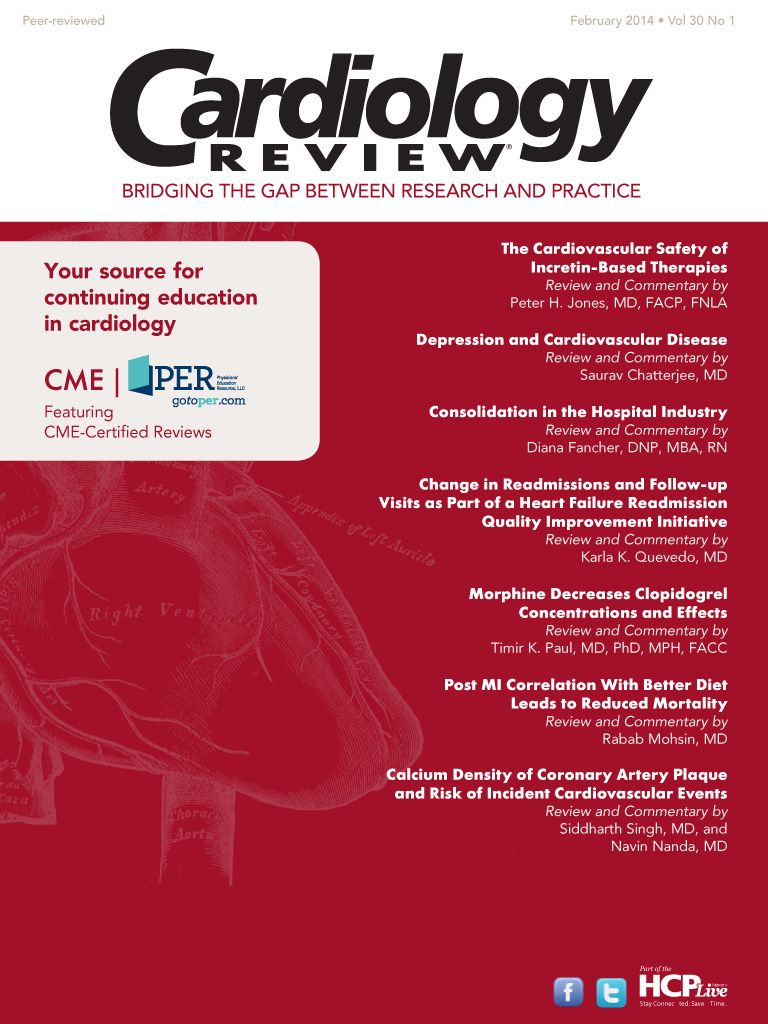Publication
Article
Cardiology Review® Online
The Hospital Merger Boom: Pay Close Attention
Author(s):
Hospital mergers are booming, and this is as a result of the drive for efficiencies, the desire to ensure market positions regionally, and a stunning overhaul of the hospital landscape.

Mike Hennessy
If anyone doubts that the Patient Protection and Affordable Care Act (ACA) is having a huge impact on the health care industry as a whole—and hospitals, in particular—I invite you to read Diana Fancher’s Review and Commentary in this issue of Cardiology Review, “Consolidation in the Hospital Industry.” She discusses a pivotal and very timely commentary in the January 24, 2014, issue of The New England Journal of Medicine under their “Perspectives” column. As cardiologists working in health-system settings and private practice nationwide, you will want to take notice.
Hospital mergers are booming, and this is as a result of the drive for efficiencies, the desire to ensure market positions regionally, and a stunning overhaul of the hospital landscape. Patients may not notice anything different, but the physicians and administrators in hospitals will be grappling with the results of these mergers for years to come. In 2012 alone, hospital mergers increased to 105 across the country—an almost double increase from the usual 50 or 60 in the previous year.
As the article states, “unless consolidations are discouraged and anti- trust laws are supported through public and private initiatives, hospital mergers will continue unchallenged, and could lead to increased health care costs and lasting repercussions for consumers.” Hold on— aren’t these moves to merge supposed to help reduce costs and help patients? Therein lies the conundrum. With the ACA spurring on such major changes in our country’s health system, the ensuing results may simply not be workable, as health care policy pundits are discussing. So right now, everyone needs to pay close attention.
Ms. Fancher entitles her Commentary of this article review, “Trying to Survive the New Health Care Reality,” and her insights into this new reality go into greater detail about the tough challenges of regulatory expectations, the need for consolidations, and the growing economic pressures. Her take-away is that physicians will need to actively participate in the intense collaboration and innovations necessary to make the ACA work—now and into the future. If you don’t pay attention now, you may be left behind. If your voice is not heard now, you may not like what you see down the road.
Thank you for reading!
Mike Hennessy
Chairman, Chief Executive Officer






